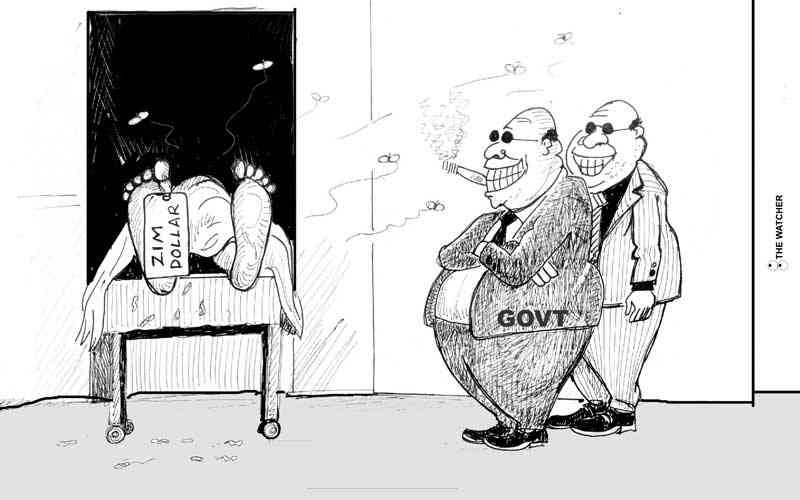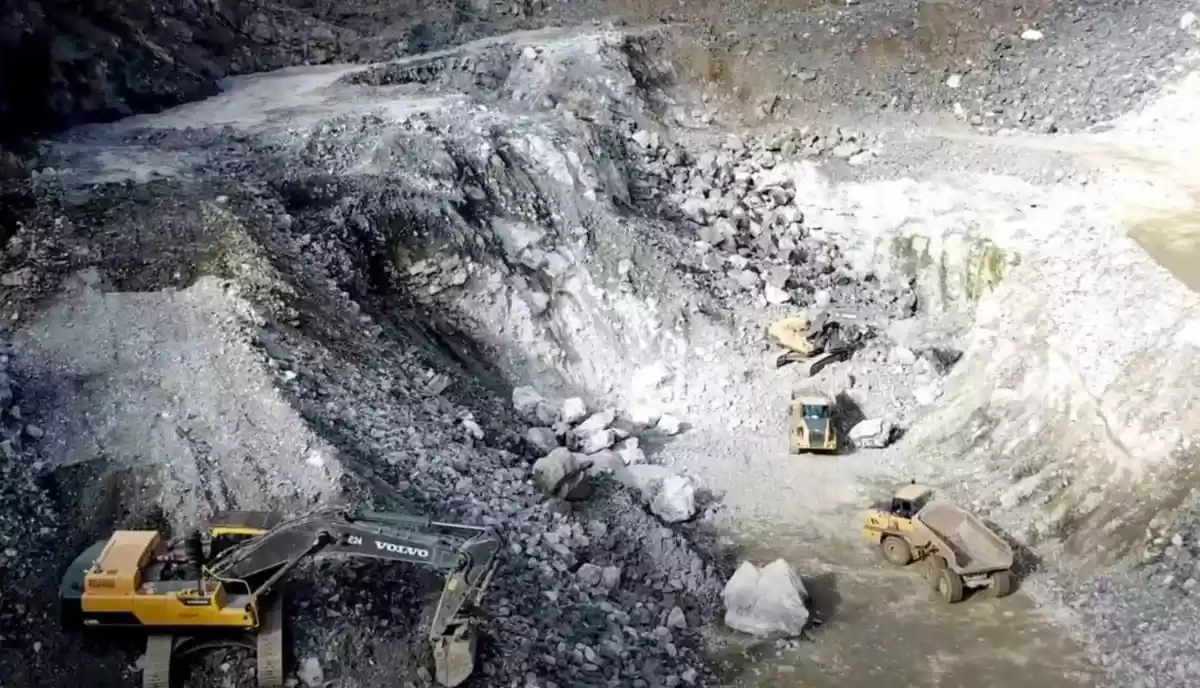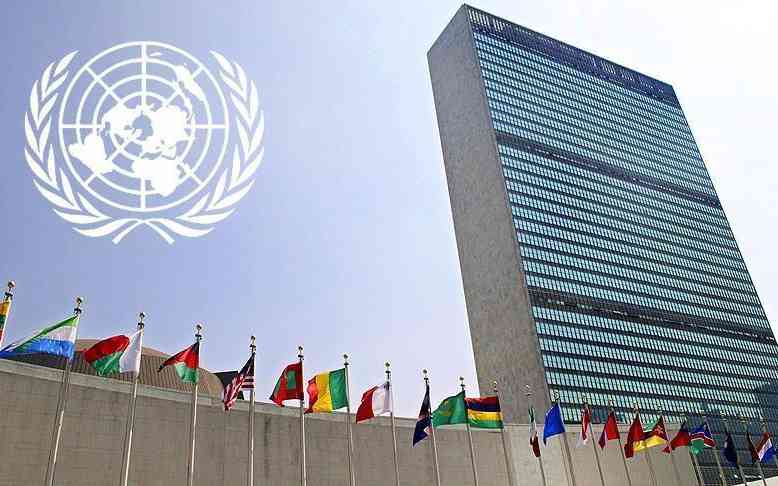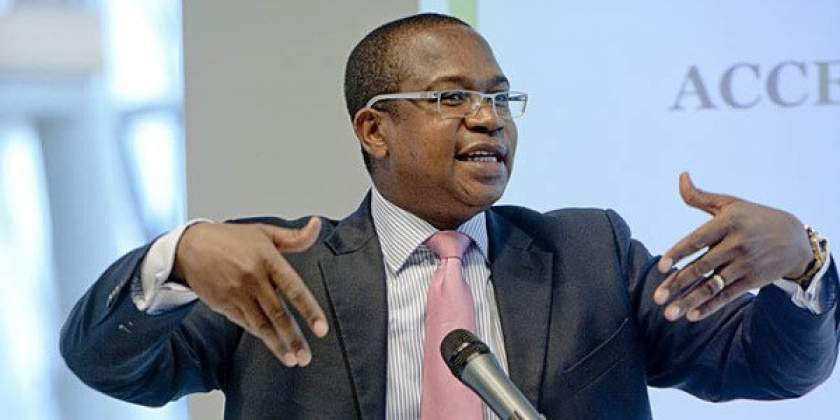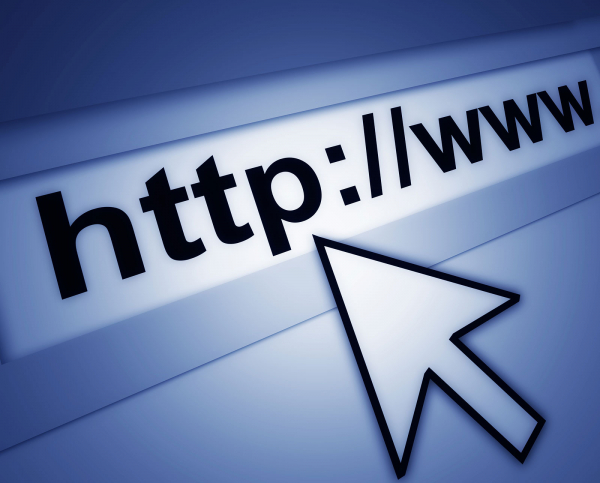
By Sizwe Snail ka Mtuze
A SIGNIFICANT issue around access to information is access to the internet, spectrum and bandwidth. Internet access has been the ultimate source of technological “leapfrogging” in Africa.
This explains why, for example, there are places without running water where one can stream a music video or make a mobile payment. But Africa is still not connected adequately.
To mark International Day for Universal Access to Information on September 28, 2021, the Information Regulator of South Africa hosted a webinar on “Effective access to information as a human right for vulnerable groups.”
The webinar sought to promote access to information as a human right to enable the realisation of other rights, such as the right to vote, the right of people living with disability to information, the right to internet connectivity and how the participation and inclusion of vulnerable groups were facilitated during the COVID-19 pandemic.
International Day for Universal Access to Information is celebrated to promote access to information either held by the State or public institutions which can enable citizens to exercise their other human rights — in South Africa these are contained in the constitution.
In the past, a judicial process would have to be instituted in order to realise this universally and internationally recognised right.
We also know how information was kept secret in apartheid South Africa and how the denial of access to information was used to oppress, suppress and decimate African people, which makes the International Day for Universal Access to Information especially important for us.
- Chamisa under fire over US$120K donation
- Mavhunga puts DeMbare into Chibuku quarterfinals
- Pension funds bet on Cabora Bassa oilfields
- Councils defy govt fire tender directive
Keep Reading
For 20 years we have had the Promotion of Access to Information Act (Paia) — a law that promotes disclosure of information held by mostly public bodies, and also private bodies.
Over the years Paia has been used by public civic organisations, NGOs and human rights organisations and institutions to fight for the right to disclosure of information held by the State and private bodies.
While it is important that the State provides us with information, such as statistics on COVID-19 infections, recoveries and deaths, at the same time the protection of the personal information of individuals must be upheld, despite the lawful cause to collect COVID-19 data.
This is also consistent with the Information Regulator of South Africa guidance note on COVID-19.
Another big issue around access to information is access to the internet and access to spectrum and bandwidth.
Internet access has been the ultimate source of technological “leapfrogging” in Africa.
This explains why, for example, there are places without running water where one can stream a music video or make a mobile payment.
But Africa is still not adequately connected. It is still the continent with the lowest internet penetration rate at 39% of the population, compared to a global average of nearly 60%.
What’s more, there are large differences in internet access between rural and urban areas, with smartphone usage in urban areas exceeding that of rural areas by almost 200% in some countries.
COVID-19 has highlighted the importance of connectivity. It is essential to share correct information, combat fake news and gather information from citizens.
The pandemic has had us grasping for silver bullets and easy answers. And while there is no “one thing” that could solve this crisis, enabling greater connectivity should be number one on the to-do list.
Why? Because connectivity is a solutions catalyst.
Internet has now become a “must-have” and not a “nice to have”. COVID-19 has illustrated the disparity between many people in rural areas (the have nots) who might have a normal old internet connection as opposed to the metropolitan areas where citizens are exposed to 4G and 5G internet connections.
The development of technology in terms of access to the internet has been exponential, but coverage and access to the internet have been drawbacks in the realisation of the human right of access to information.
The ability to access the internet is now an implied right of access to information.
This is an interesting legal and social development.
- Sizwe Snail ka Mtuze is an adjunct professor at Nelson Mandela University and part-time member of the Information Regulator, South Africa.



